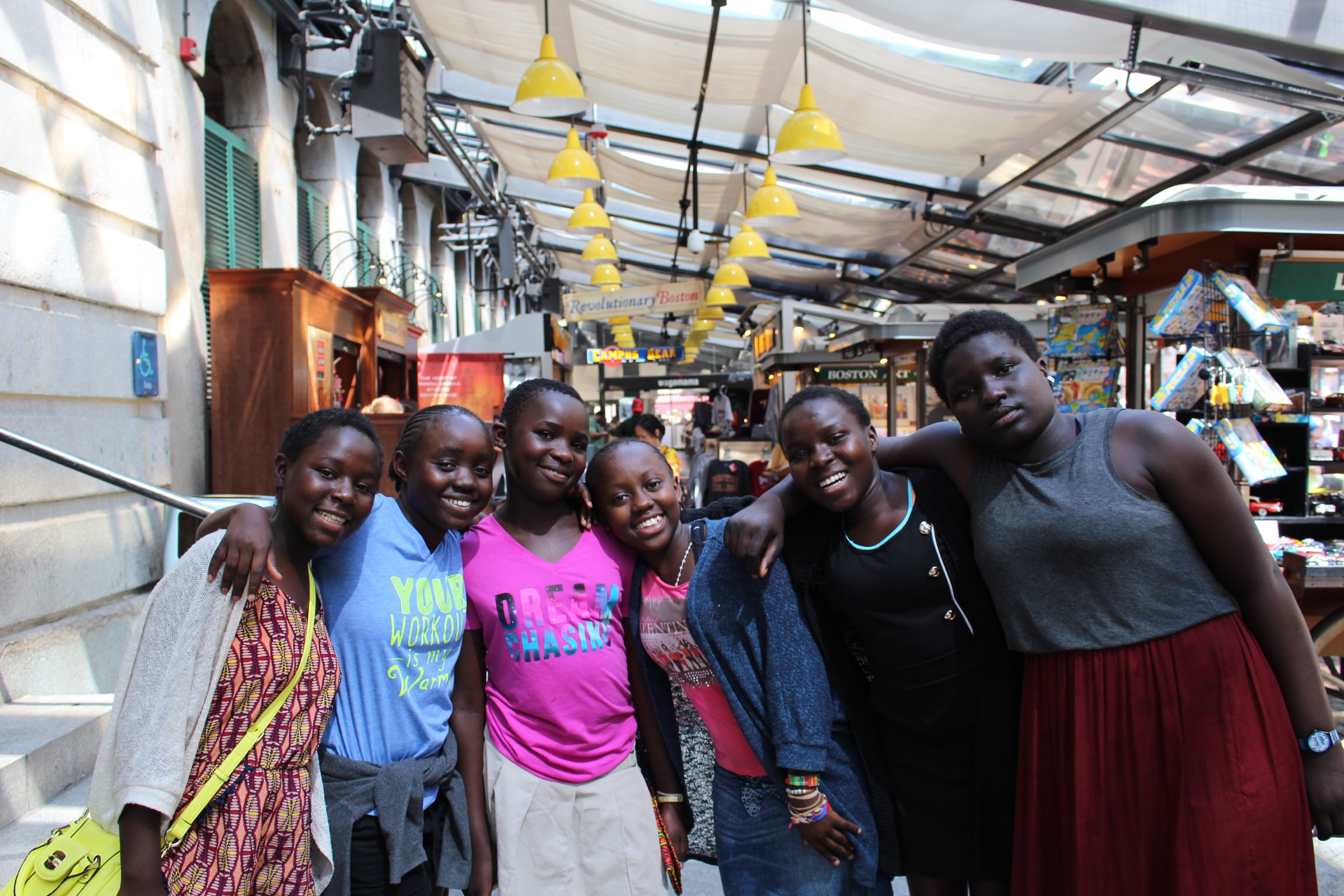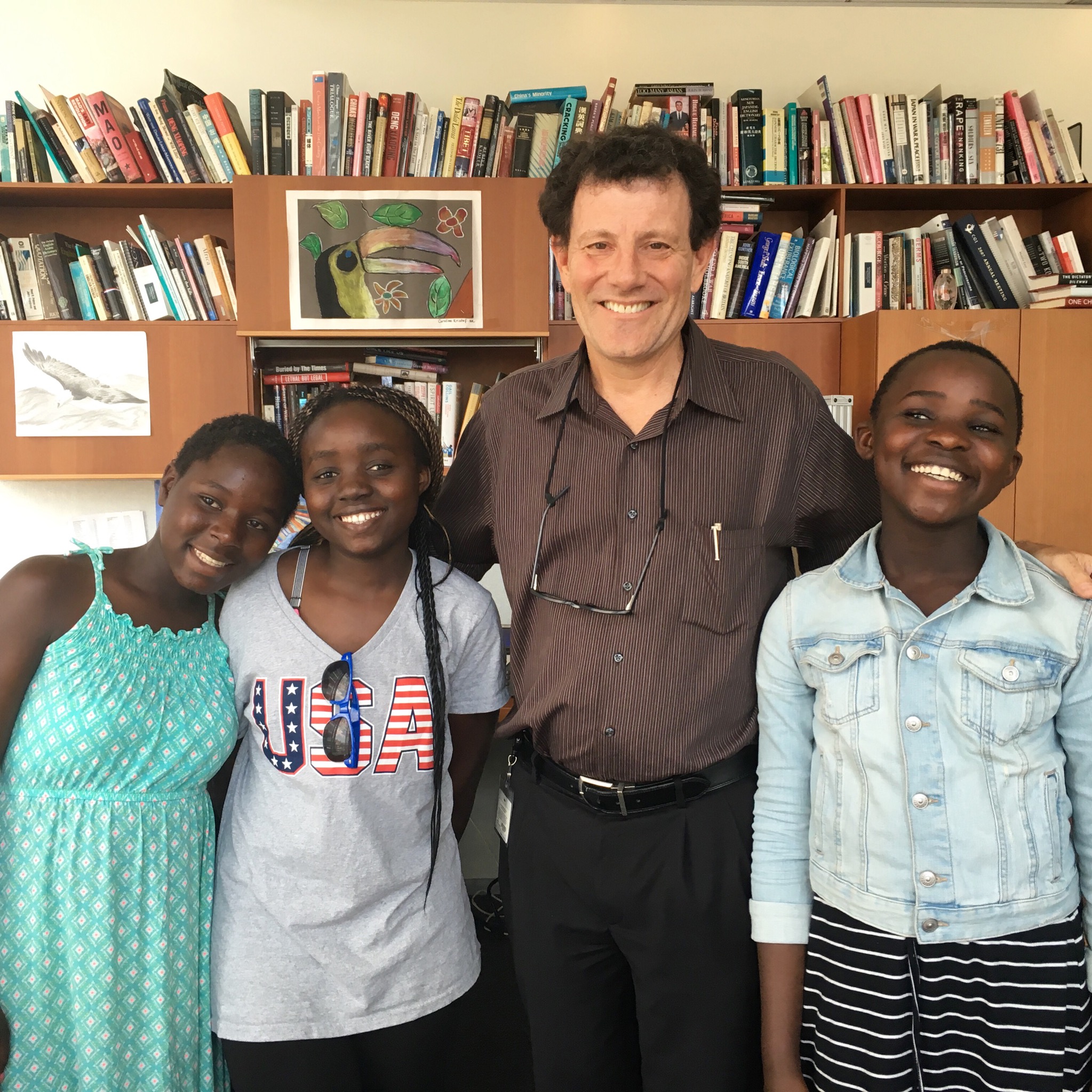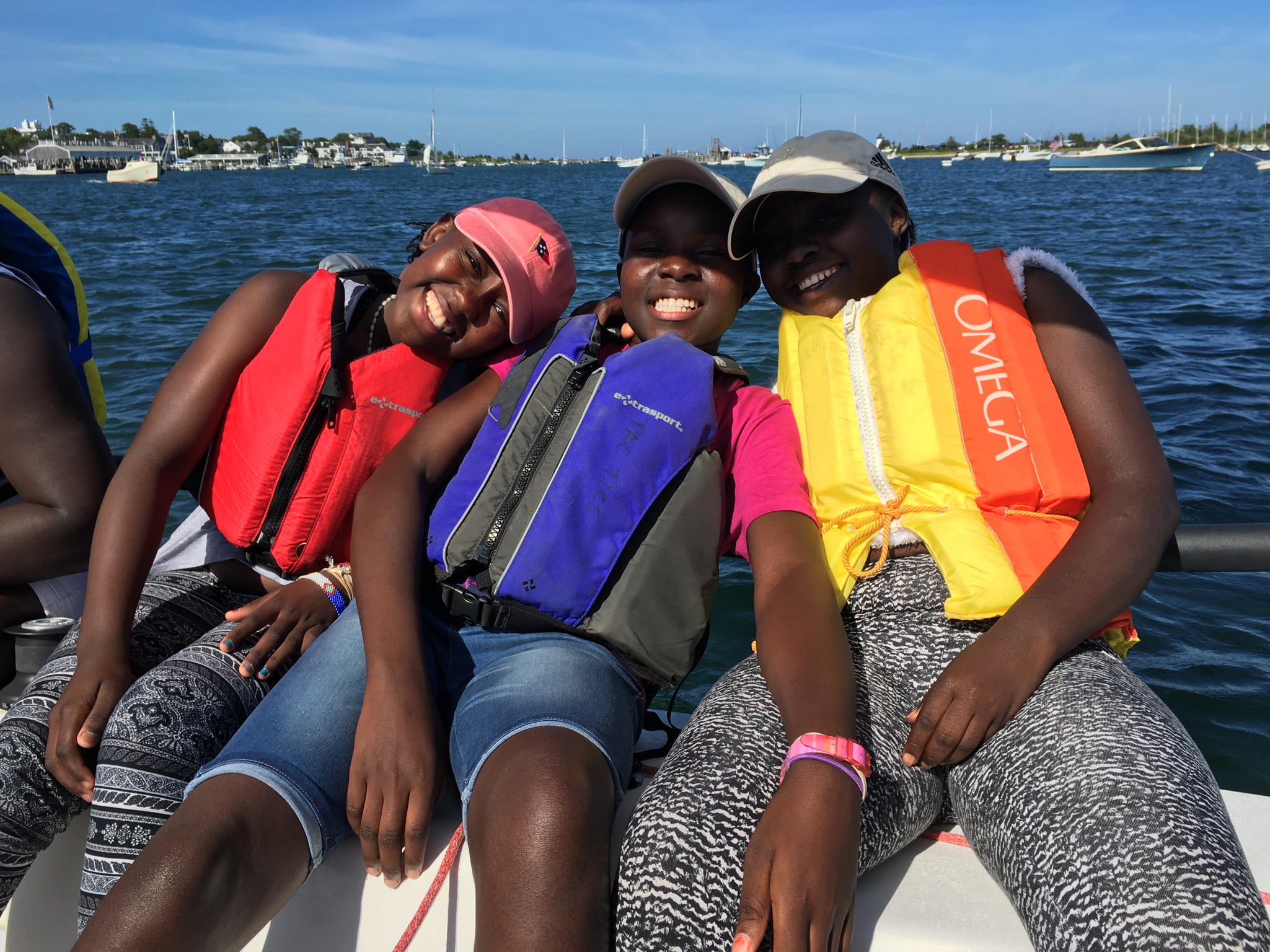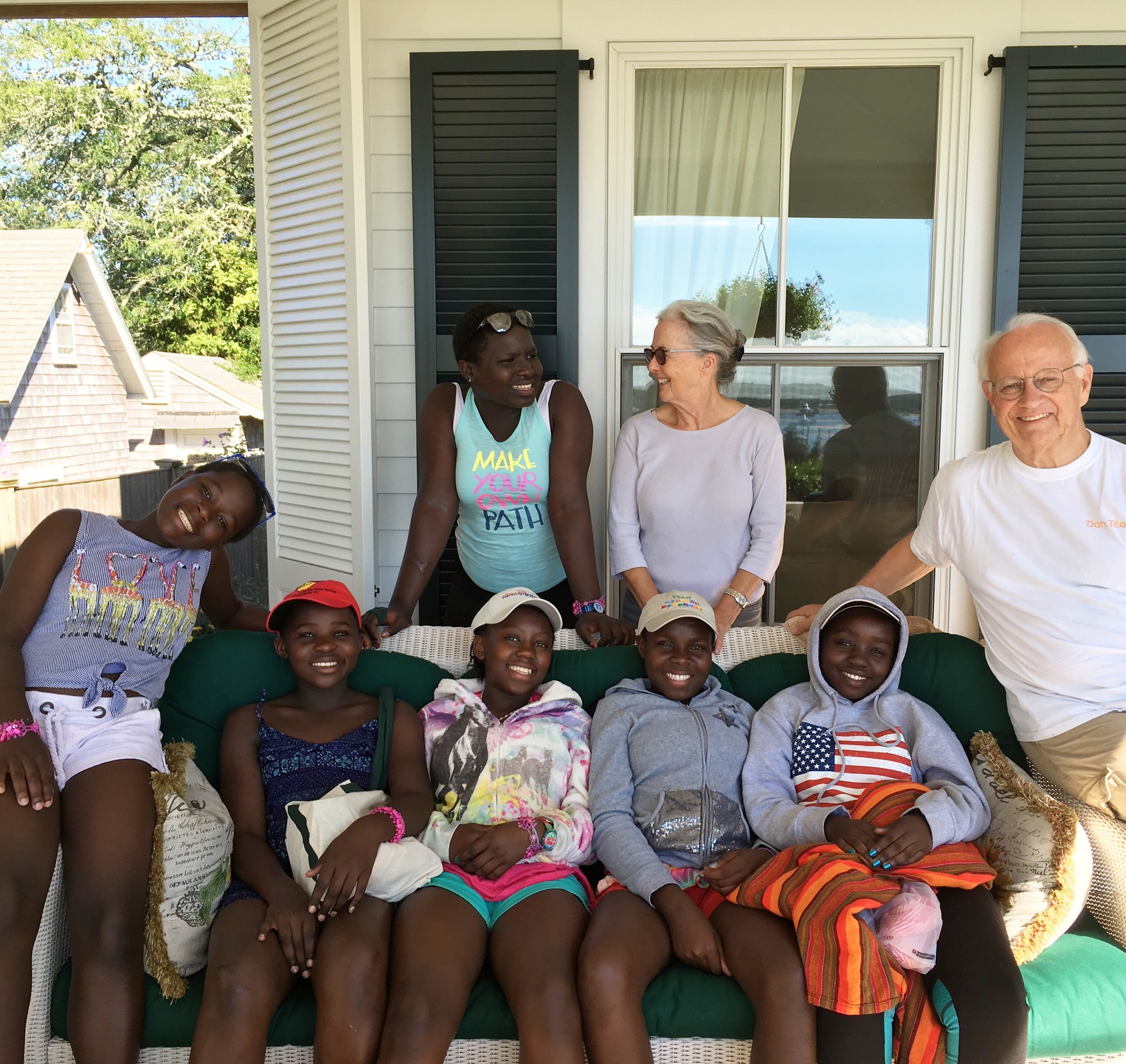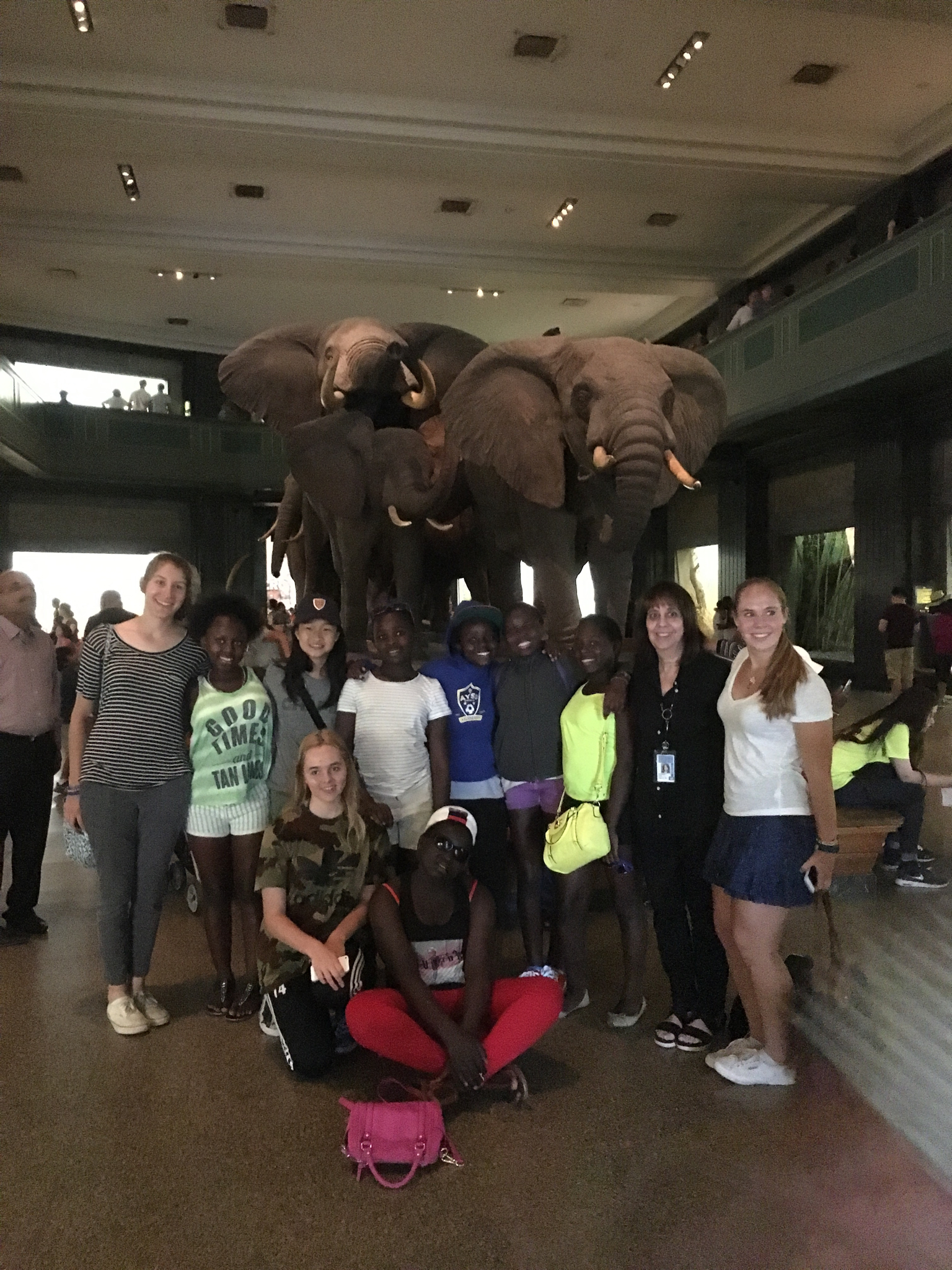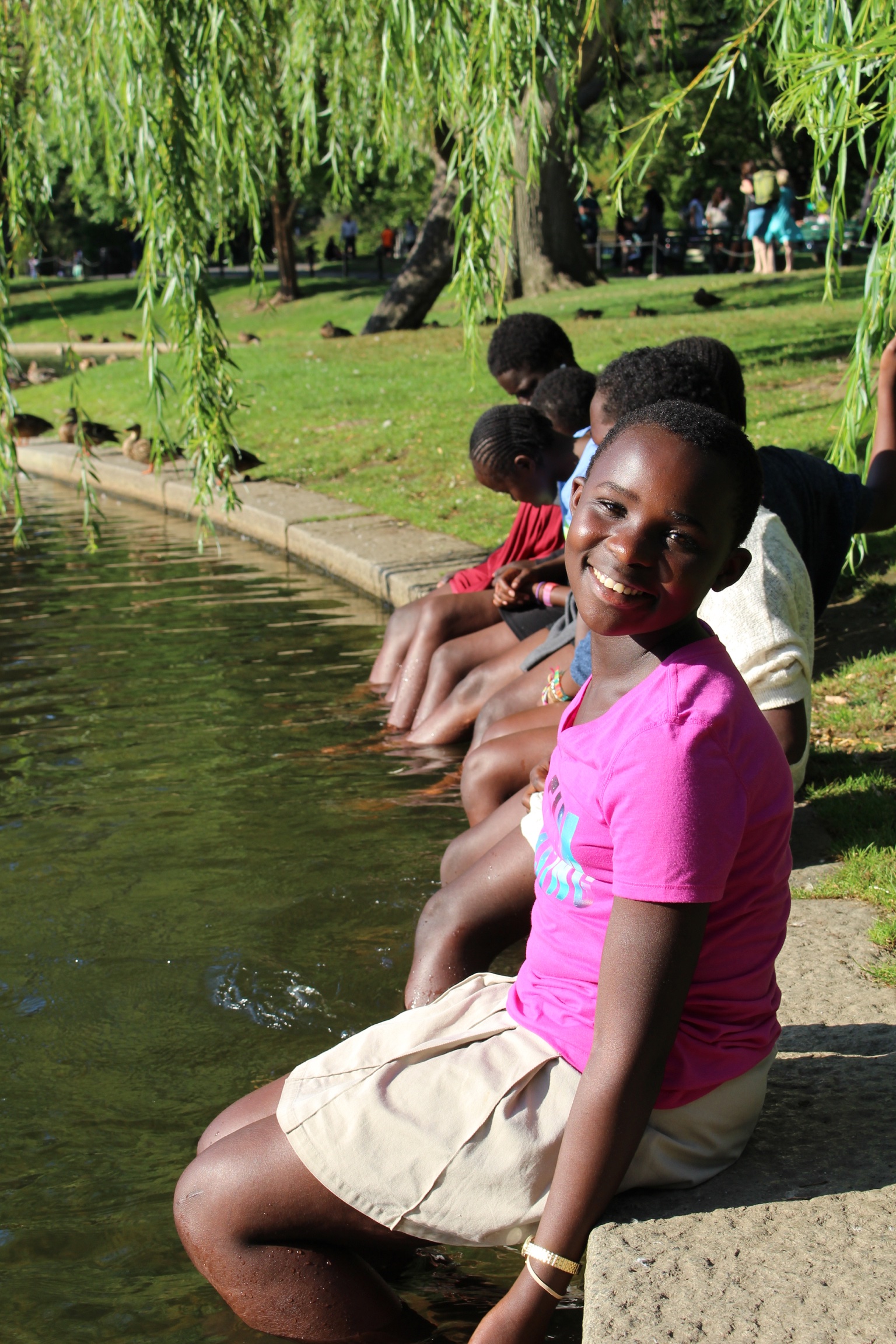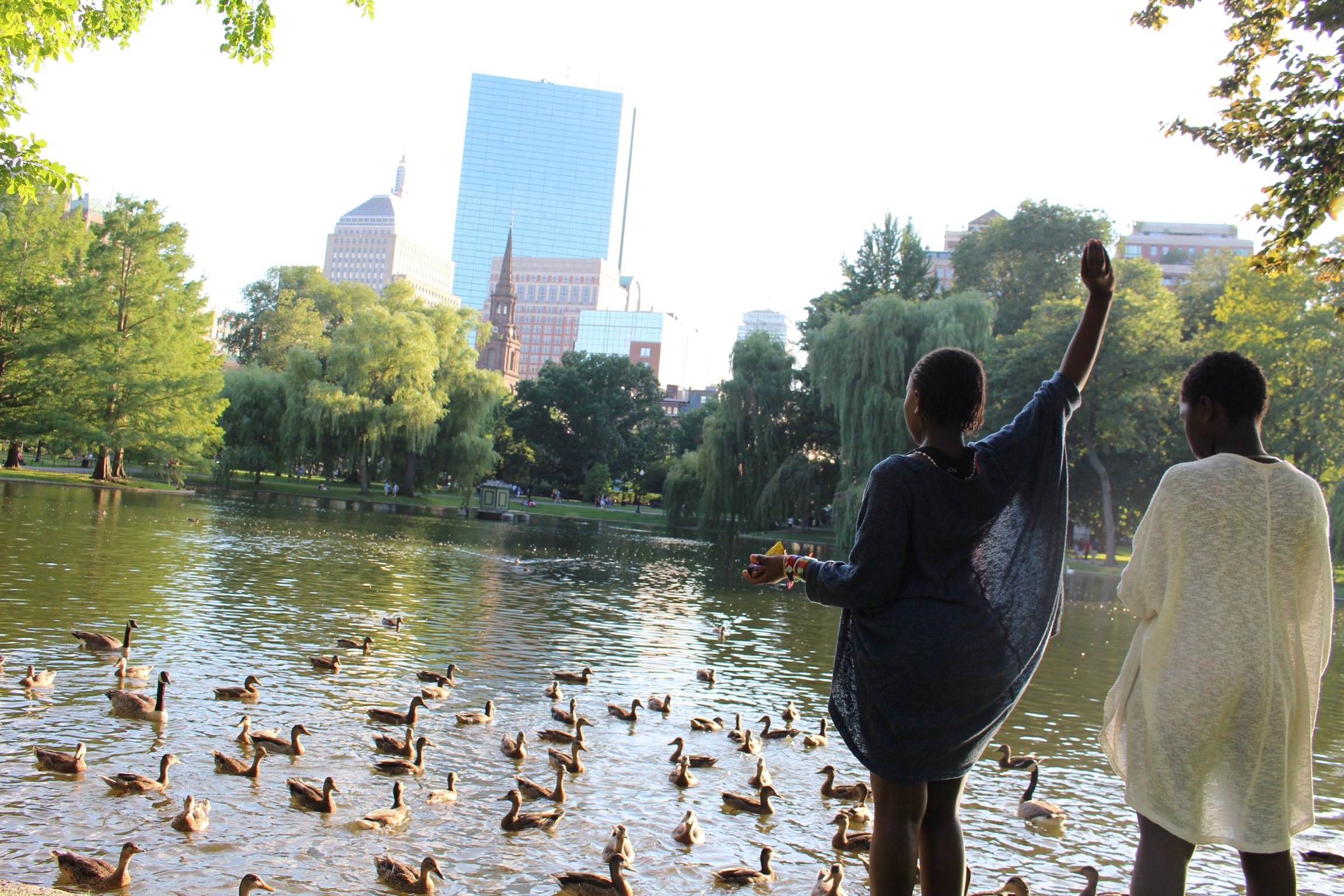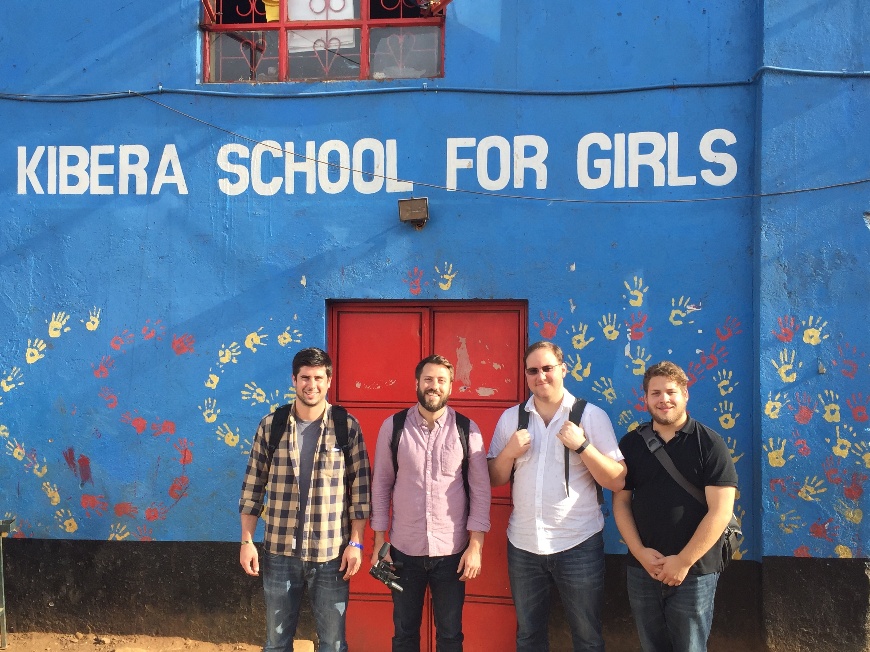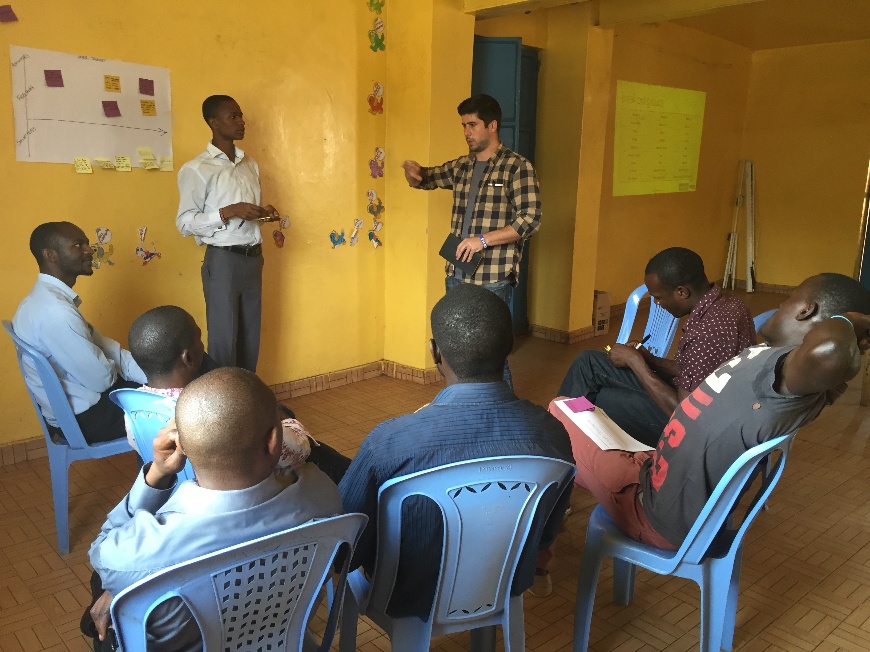Q: Tell me a bit about yourself. Define yourself in three nouns and describe yourself in three adjectives.
A: My name is Mollet. I am in grade 6. I am a girl, a leader, and an advisor. I am beautiful, confident, and courageous.
Q: An advisor– that’s interesting. Could you explain?
A: I’m good at explaining information, giving people good advice, and telling them how to be successful in life.
Q: When is a recent example of when you gave good advice?
A: Yesterday, our teachers were in a meeting and I was with my classmate, Selma. We were giving advice to three other classmates about how to be good people, and how to be better students to do well in academics. I told them to be like a horse: look forward, not from side to side, and stay focused on what is ahead. When a horse is moving, it looks straight ahead and focuses to reach its destination. It doesn’t look this way or that. It moves straight. That’s why I chose that example of a horse.
Q: You like to give advice, but who do you go to when you need to receive advice?
A: I go to my eldest brother because he is my role model. I have another older brother and one younger sister, and he tells us when we have done wrong and when we have done right. Sometimes we have meetings in our family to discuss our problems and he leads these meetings. One thing he always tells us that I keep close to my heart is, “It doesn’t matter whether you come from a rich or poor family; what matters is you go to school and get an education.”
Q: Is he supportive of your education and your sisters’ education?
A: Yes, he always supports girls’ education. He evens tutors us, and other girls in our neighborhood, when we need help with certain subjects. He tells me to set high goals, especially for my Kenya Certificate of Primary Education, and to focus on my studies at KSG.
Q: What is your favorite part about studying at KSG?
A: The teachers. Our teachers explain concepts until students understand – they make sure we all understand everything. They care and are concerned about their students. When a student has a problem, they will find a solution to help the student. A few months ago, when I was really sick, my teachers were concerned about my health. They told me to keep fighting and encouraged me that I would get well soon. It helped me because I knew that my teachers were there for me and they wouldn’t stop being concerned until I recovered.
Q: KSG just introduced a prefect system. Could you explain how that works?
A: Prefects maintain order in the school, and make sure that everything in the school is running well and is in the right place. We have a head girl and deputy girl, who are the leaders of all the prefects. We have prefects for each class, and we also have prefects for special activities. We have one for the dining hall, one for after school activities, one for sports and one for time keeping.
Q: You ran during this election, and you won. What is your title?
A: I am the Deputy Head Girl of KSG.
Q: Why did you run for Deputy Head Girl?
A: I knew that if I got the post I would be good to the girls. I would help them with struggles and I would make sure everything in the school runs well. I am confident; I am a good listener and I’m a girl who can understand people. Two weeks before elections took place, our teachers chose one student in each class to be a temporary class prefect. I was the one chosen for grade 6, and it was great. I maintained that our class was good for those two weeks and that nothing went wrong. Then I said to myself, “After two weeks of being a really good class prefect, I need to go to a higher level,” so I decided to aim for Deputy Head Girl.
Q: Can you explain the election process?
A: I had to give a speech in front of all the students and talk about what I would do for the school and how I would bring change. I told them that every Friday would be a Fun Friday, when we could maybe have a party and share and talk in a more casual way. I also told them that instead of only doing Sports Day at our school, I wanted KSG to compete with other schools. I also went to specific classes too, like grade 4 because I love that class, and I told them I would make sure that their class would be very successful this year.
Q: And on Election Day?
A: I was so tense and I really didn’t know if I would win because it’s a hard job – campaigning and making people vote for you. Finally, when I heard the results, I couldn’t believe it. I was really happy! I was thinking that I want to do my best, and if the girls have given me this post, I will make sure I do good things for them.
Q: You’ve now had this position for the past two weeks. How has it been?
A: It has been good! The students are cooperating with me, and listening to what I tell them. I feel good because they are obedient. I feel that even if I’m in a high level, I should be kind to them, correct them in a good way, and listen to them. I shouldn’t be bad to them.
Q: What is difficult and what is easy about being a prefect?
A: It’s hard because you have to make sure that everything is the right condition, the students are in the right place, and they are disciplined. Sometimes you’re upstairs and you hear girls making noise downstairs, so you have to run around a lot.
It’s easy when students listen to you and your work is smooth. Also for me, the students follow my lead and what I tell them to do. I feel lucky that the students really love me.
Q: What do you hope to improve about your leadership skills? How do you want to grow as a leader?
A: I want to get better at counseling girls and giving them good solutions when they have problems. I want to grow as a leader by learning more and starting my own projects as Deputy Head Girl. I want to start a girls’ support group. We could meet, talk about ourselves, they could share their problems and I would give them good advice. They could also help each other and even help me. We would all learn from each other by being together. I got this idea because I was watching this movie about a girls’ school where girls came together, shared their problems, and helped each other. I thought it would be good if we started doing the same at KSG.
Q: What do you want to be when you grow up?
A: I want to be a teacher to pass knowledge to young kids and help them be better people in life. I got inspiration by seeing our teachers and how they help us. It made me want to do the same thing.
Q: Would you want to teach at a girls’ school?
A: Yes and I would even want to start my own school for girls. We need more schools like KSG, we need more girls to get an education, especially those who are denied an education because they are mistreated or there is not enough money to educate them. It’s important to educate girls because when you educate a girl, you educate the whole nation and you empower the whole nation.



